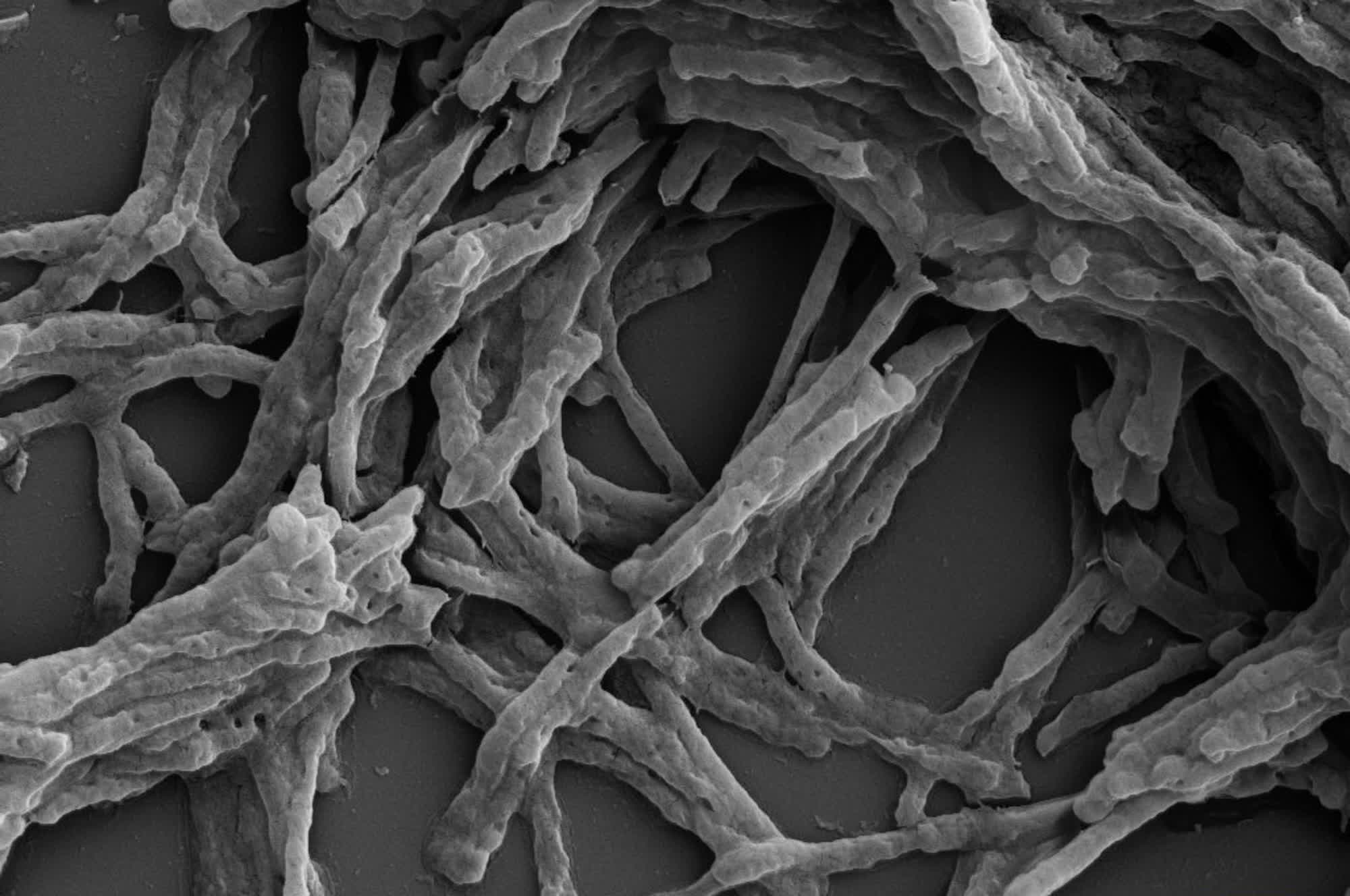Forward-looking: A recently discovered enzyme could pave the way for a completely new type of clean energy source. Found in common bacteria, the compound can essentially turn a tiny amount of gas into electric energy. Now, we just need to understand how to produce the enzyme in large enough quantities.

A team of Australian researchers studied the remarkable ability of a bacterium classified as Mycobacterium smegmatis to survive harsh environmental conditions. They eventually discovered that the main drive for the bacterium's survival abilities was an enzyme they named Huc, which can essentially convert air into electric energy.
Enzymes are proteins that act as biological catalysts by accelerating chemical reactions. We've known for some time that bacteria can use the trace hydrogen in the air as a source of energy in nutrient-poor environments, the researchers said, making them grow and survive in severe conditions like Antarctic soils, volcanic craters, and even the ocean depths.
Until now, however, we didn't know exactly how bacteria could turn hydrogen into life-sustaining energy. Led by Dr. Rhys Grinter, the team of researchers from the Monash University Biomedicine Discovery Institute in Melbourne, Australia, managed to discover and study the chemical structure of Huc, the hydrogen-consuming enzyme sustaining Mycobacterium smegmatis' primitive metabolism.

Huc, it turns out, is an "extraordinarily efficient" catalysts that can turn hydrogen gas into an electrical current. Unlike all other known enzymes and chemical catalysts, the researchers explained, it even consumes hydrogen below atmospheric levels – "as little as 0.00005% of the air we breathe."
By using several cutting-edge analysis methods, the Australian team was able to uncover Huc's molecular blueprint for atmospheric hydrogen oxidation. The researchers discovered the atomic structure and electrical pathways, creating the most resolved enzyme structure reported to date.
They also found that the purified Huc enzyme can be stored for long periods of time, as it has an "astonishingly stable" chemical structure which can be frozen or even heated to 80 degrees Celsius. Either way, the enzyme retains its ability to create energy from Hydrogen molecules.
In their study, the researchers are clearly hinting at "atmospheric H2 oxidation" as a possible source of clean and environmentally sustainable energy. Huc could work as a "natural battery" to produce a sustained electrical current from air or "added hydrogen," the team explained. Now they just need to understand how to scale up enzyme production. It shouldn't be too complex of a job, as bacteria like Mycobacterium smegmatis are common and can be grown in large quantities.
https://www.techspot.com/news/97889-natural-enzyme-can-turn-hydrogen-electricity.html